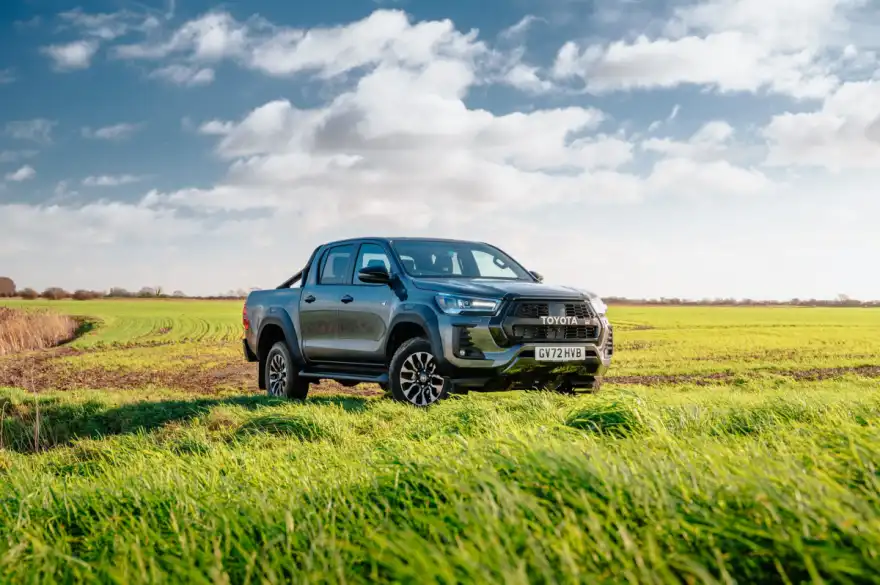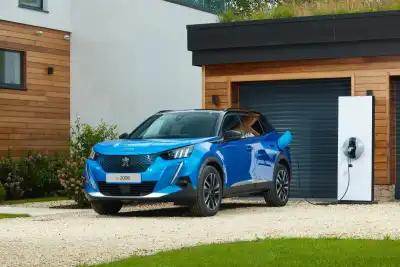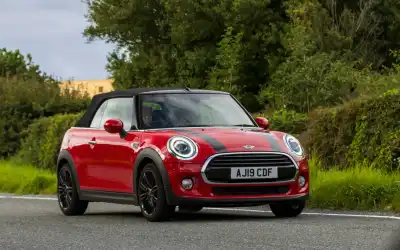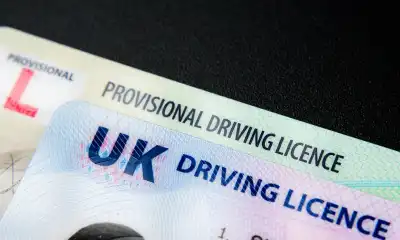
Pick-ups have grown significantly in popularity in recent years, especially double-cab versions that offer plenty of rear-seat space and a set of back doors.
Both the Ford Ranger and Toyota Hilux were among two of the best-selling vans in the UK in 2023, and demand has shown no signs of slowing.
A key attraction of these double-cab pick-ups is that they can be used for a variety of tasks and even to replace SUVs, with many choosing them for their lower company car tax. However, this is all set to change in July as HM Revenue and Customs (HMRC) has announced a major shake-up into how double-cab pick-ups will be taxed as company vehicles – changing the classification so that they’ll be seen in the eyes of HMRC as a ‘car’.
But what does this mean and why is it being done? We answer all your key questions.
What are the tax changes being made for pick-ups?
Currently, all double-cab pick-ups that can carry more than one tonne are automatically classed as commercial vehicles. What this means, if you’re using one as a company vehicle, is that they’re classed as vans for tax purposes, and therefore qualify for far cheaper company car tax than a regular hatchback or SUV.
However, HMRC has said that from July 1, 2024, double pick-ups will now be classified as cars, having significant ramifications for company car tax.
Why are the changes being made?
HMRC quietly announced the changes earlier this week as it says that double-cab pick-ups are ‘equally suited to convey passengers and goods’. This is an acknowledgement that it is aware of the loophole whereby many of those using pick-ups of this type are treating the vehicles as conventional cars, rather than as work vehicles.
HMRC views vehicles as having a ‘primary suitability’, and because of this increasingly being pick-ups not being used to carry goods around, this is why they’re being moved to be classed as ‘cars’ when it comes to company vehicle tax.
How much more will it cost in company car tax?
Currently, any double-cab pick-up with a payload of more than a tonne qualifies as a commercial vehicle, and as a result, the benefit-in-kind taxation (which decides the rate a company vehicle user will pay in tax) is set at a fixed annual rate of £3,960. It means a 20 per cent taxpayer using a double cab pick-up faces a monthly bill of £66, or £132 a month for a 40 per cent taxpayer.
However, from July when the classification comes into force, HMRC says ‘most if not all’ double-cab pick-ups will be classed as cars when calculating tax. Company car tax is based on the list price of a vehicle and a benefit-in-kind percentage based on a vehicle’s CO2 emissions.
Currently, this percentage is very low for electric and plug-in hybrid vehicles as a result, with more polluting vehicles having a far higher tax charge. With pick-ups typically emitting high levels of CO2, it will put them in the highest band which is 37 per cent.
For a Ford Ranger 2.0-litre diesel Wildrak, the UK's most popular pick-up, from July a driver will face a company car tax bill of £290 a month, or £580 a month for a higher taxpayer, making these vehicles significantly more expensive to run.
Will this mean VAT can no longer be reclaimed for pick-ups?
No, HMRC has explicitly said that it will interpret the legislation for company car tax about pick-ups differently from those used for VAT purposes.
It means that as long as you’re a VAT-registered business and use the vehicle for work, you will continue to be able to reclaim the VAT on a pick-up truck with a payload of more than a tonne.
It’s worth noting that these changes only affect double-cab pick-ups and not single-cab variants, which will continue to be treated as ‘commercial vehicles’ in all instances.
What pick-ups does this affect and what is likely to happen to sales?
The UK’s pick-up market continues to be strong, with 41,003 new models in this class being sold in the UK in 2023 – a 38.7 per cent increase on the previous year.
However, it only has a fairly small number of pick-ups to choose from as the high emissions of these vehicles have restricted some manufacturers’ ability to sell them. Five main pick-ups will be affected by these tax changes – the Ford Ranger, Isuzu D-Max, KGM Musso (previously the SsangYong Musso), Toyota Hilux and Volkswagen Amarok.
It’s likely to have a significant impact on pick-up sales as it will make these vehicles uneconomical for many company car users to run. There’s only currently one electric pick-up – the Maxus T90EV – on sale in the UK, which is likely to significantly benefit from these changes. A plug-in hybrid version of the Ranger, due in 2025, is also likely to have a significant boost.
If I’ve ordered or are about to order a new pick-up, will this affect it?
As long as any new pick-up is ordered – or a lease agreement is signed – before July 1 this year, then you will qualify for the lower company vehicle tax rates until the end of the lease expiry, or April 5, 2028. This applies even if the vehicle hasn’t been delivered and registered until after July.




